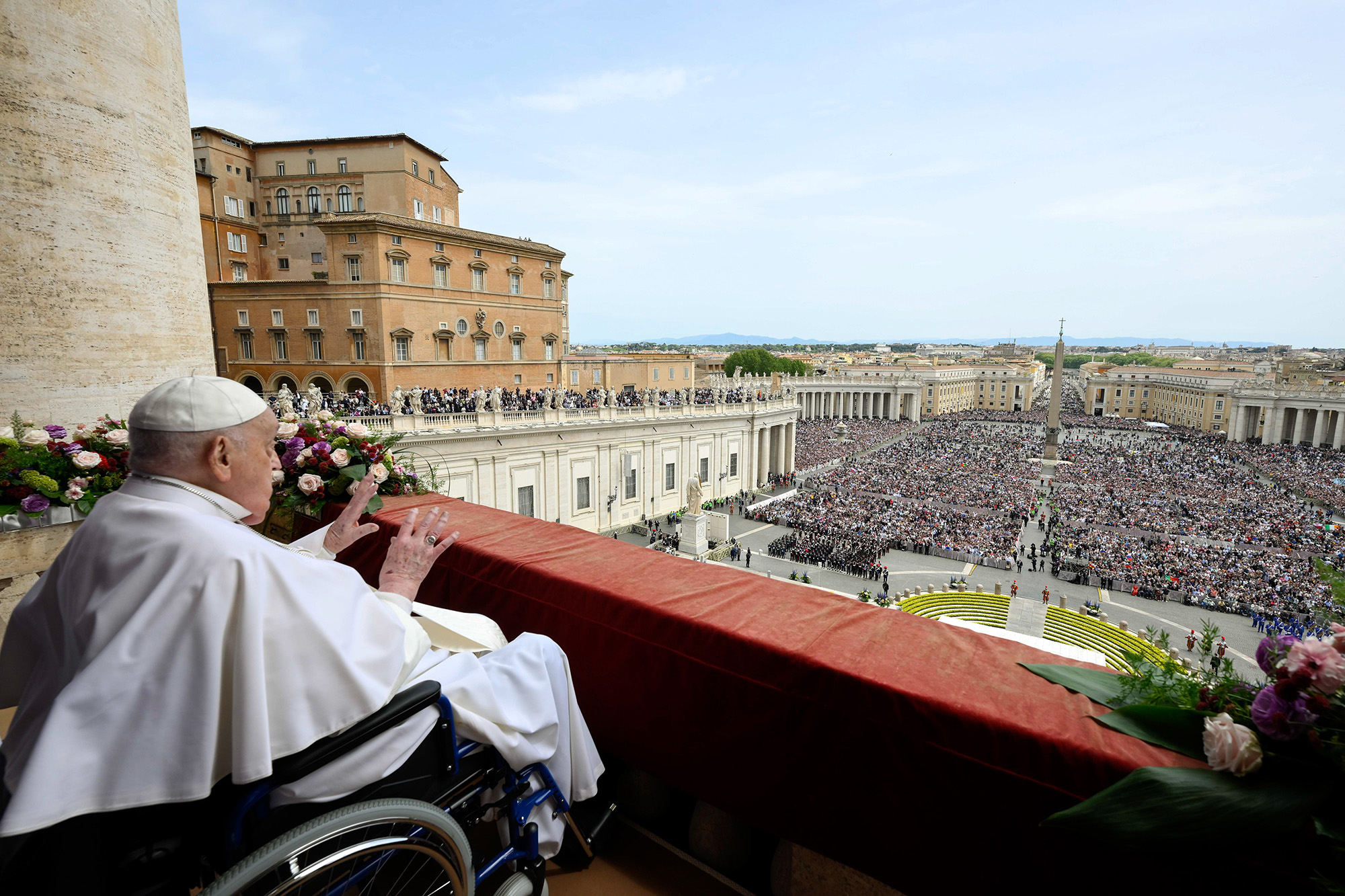SERVE THE LORD WITH GLADNESS | God gives us His gifts freely even though we don’t deserve it
The divine economy of mercy is in contrast to the divine economy of ancient Judaism, where we get what we deserve

Dear brothers and sisters in Christ,
Much of the ancient Jewish imagination was like the contemporary American imagination when it comes to “the divine economy” — that is, how God deals with humankind: It was thought to be an economy of what we deserve.
Jesus challenged that understanding of the divine economy in ancient Judaism and He challenges it in contemporary America. What Jesus taught, and the Church teaches, is first and foremost a divine economy of mercy.
The bedrock principle in the divine economy of mercy is the truth that we have received benefits we don’t deserve! We didn’t deserve the incarnation. We didn’t deserve the gift of the Holy Spirit. We don’t deserve baptism, the forgiveness of sins or the gift of Christ’s Body and Blood in the Eucharist. But while it’s true that we don’t deserve them, it’s also true that we have been given them! God doesn’t give us what we deserve; He gives us what is His.
This divine economy of mercy has several consequences.
Twice this week, we hear: “The Lord hears the cry of the poor” (Psalm 34). It’s important for us to know that we’re poor and how we’re poor. We can be financially poor, poor in faith, intellectually poor, emotionally poor, relationally poor and so on. If we think we have everything we need, we’re less likely to cry out for God’s help! When we know that we’re poor, we can more quickly and deeply ask Him to give what we do not deserve, believing that because He is generous, He will give.
It’s important to ask ourselves whether we pay that generosity forward. Pope Benedict XVI once said that “justice” means giving another their due, while “charity” means giving another what is mine. That’s what God does with us. Is that what we do with others, or do we slip back into a personal economy of giving people only what they deserve?
But note: God’s generosity is no grounds for us to become spiritually lazy. We don’t deserve heaven, to be sure. But that’s what relying on God brings. When we choose to rely on God in this life, we’re already on the way to heaven.
But the opposite also holds. It’s hard for contemporary Americans to imagine that anyone deserves hell. But no one needs to deserve it; that’s simply what life apart from God is. Salvation history, the daily news and our own lives tell us that it’s possible to choose a life apart from God. When we choose to live apart from God in this life we’re already on the path to hell.
We celebrate the feast day of St. Athanasius this week (May 2). He noted that humanity is subject to the law of corruption, not only morally but also physically. He also noted that Christ Himself is the remedy to that corruption. But that leads to a choice: We can accept the remedy or reject it. God doesn’t refuse to offer the remedy to anyone! But He does allow our choice.
In 1 Corinthians 15, St. Paul notes that the risen Jesus appeared to James and then appeared to Paul himself. James and Paul didn’t deserve that! But, having received the gift, they chose to live in it rather than apart from it and to share the gift with others. Let’s follow their example and embrace the divine economy of mercy!





